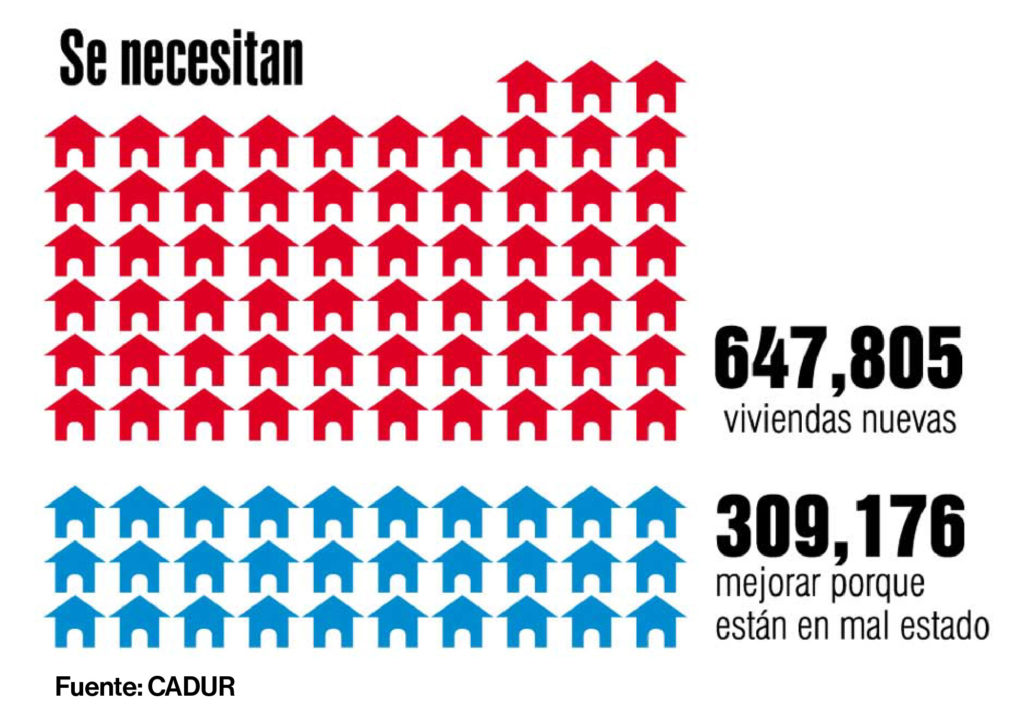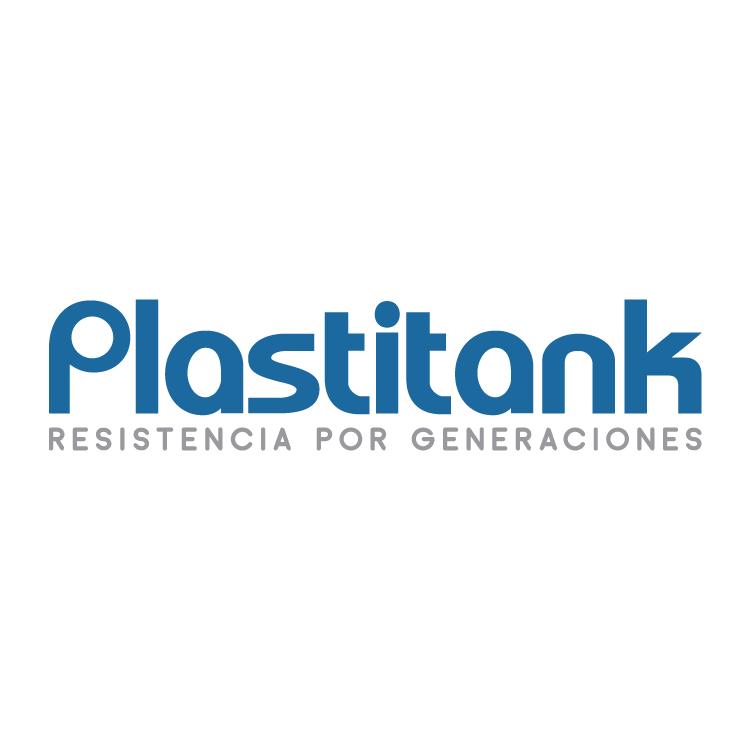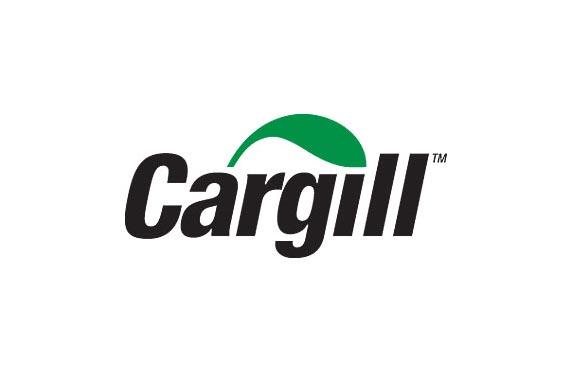This analysis was done collectively by the organizations participating in the Red de Viviendas y Asentamientos Humanos in Nicaragua.
The Constitution of Nicaragua (Article 64) recognizes the right of citizens to decent housing and provides that the State is the guarantor of this right. The adoption in 2009 of Law 677, “Special Law to promote the construction of housing and access to social housing” was a significant step forward for the regulation of the right to housing. This law constitutes a turning point and an opportunity to tackle the challenge of ensuring access to low-income population to decent housing.
The housing problem in Nicaragua has substrate in the lack of access to serviced land for most of the Nicaraguan population. The formal offer of urbanized lots is small and suitable land for settlement is costly.
Nicaragua has a high housing deficit, higher in low-income sectors. Own population through self-management, without technical assistance or financial results neighborhoods and homes. According to Measurement Survey living standards by the INIDE in 2014, 3 out of 10 Nicaraguan families live in inadequate conditions: overcrowding, poor quality housing and inadequate services. According to the Chamber of Builders of Nicaragua in Nicaragua about 957,000 homes are needed to meet the deficit.

In Nicaragua it has made significant achievements in expanding potable water and electricity: 89% of households nationwide have water service and 85% of urban household has energy. However, as data average only four in ten Nicaraguan households have sewerage services, so urgently required to expand coverage through more government investment and improve the quality and quantity of water received.
The Census of settlements in the urban Pacific, conducted by the CEILING organization, reveals that in this geographical area of the country, one out of two settlements with access to basic services has partial supply of potable water, no electricity regularized and has no lighting public. The study indicates that coverage gaps persist between different geographical areas of Nicaragua, so it is presumed lack of numbers – -given that these gaps tend to be higher in remote areas of the country and on the Caribbean coast.
In Nicaragua specialized social organizations have contributed to social housing production and improved access to water and sanitation for low-income sectors supported by international cooperation and by forms of alliances and partnerships. Between 2007 and 2012 specialized organizations contributed to the social production of 12,000 homes in the country, according to data provided by the Institute for Urban and Rural Housing.
More than 12,000 families, mostly living in rural areas of the country, have water services, sanitation and hygiene, provided through social projects implemented by specialized organizations between 2013 and 2016.
The contribution of social organizations specialized processes for assisted self improvement and new home construction, has a lower cost compared to that offered by the market. This has been achieved using alternative materials and construction systems and contributing to the organization of the population to strengthen their capacity for self-management. Thus has fostered the articulation of social organizations with national and local housing programs, integrated neighborhood improvement and production of new housing complexes.
It is important to mention the contribution of housing by private enterprise to meet the demand of sectors middle and high income, supported by the State, through various forms of subsidy. According to the Chamber of Builders of Nicaragua annually 4,000 homes are built with private investment .












